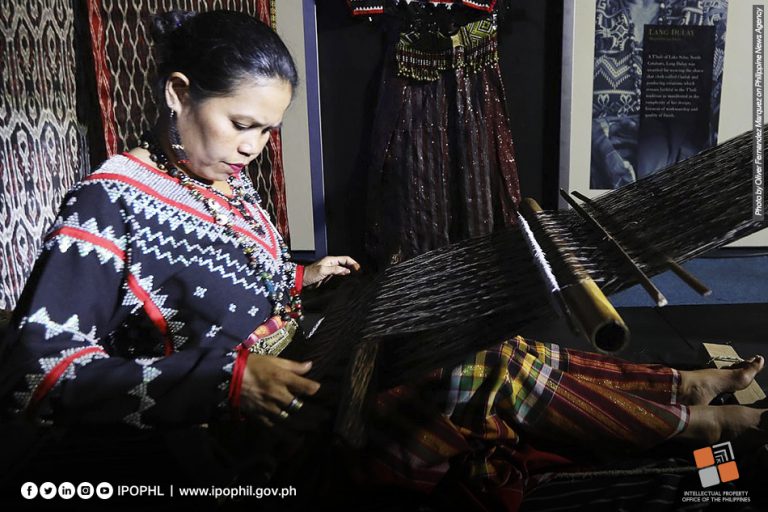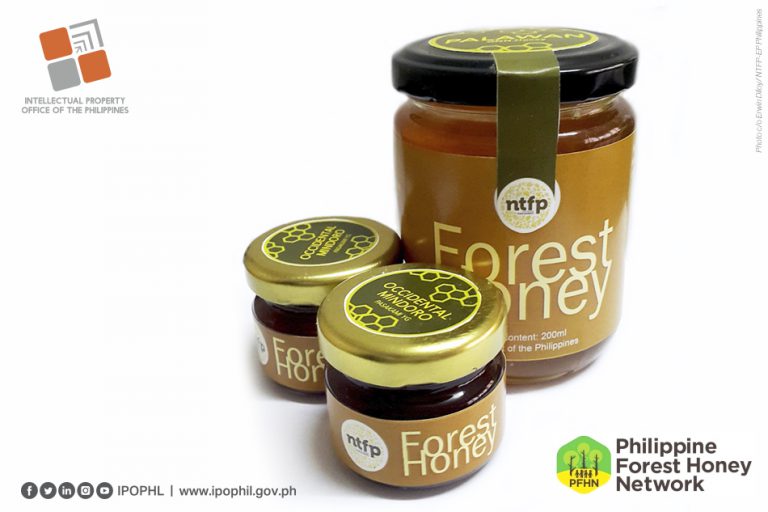
IPOPHL drafts initial rules on geographical indications
May 12, 2022
The Intellectual Property Office of the Philippines (IPOPHL) has drafted the implementing rules and regulations (IRR) on geographical indications (GI) in a bid to strengthen the protection of GI products in the country.
“[P]rotection of geographical indications is vital in building the competitive advantage of our local and indigenous products,” read the draft IRR, which went through its first round of stakeholder consultations last May 12.
The IRR, drafted by the Bureau of Trademarks, aims to fulfill the recognition of GIs as protectible IP under the IP Code of 1997. It will also fulfill the obligation of the Philippines as a member of the World Trade Organization to provide reciprocal rights and GI protection to other members.
The draft IRR defines GIs as “any indication which identifies a good as originating in a territory, region or locality, where a given quality, reputation, or other characteristic of the good is essentially attributable to its geographical origin and/or human factors.”
Under the draft, GI registrants have rights to prevent the use of their products in the following manners:
- misleading the public as to the geographical origin of the goods;
- falsely representing to the public that the goods originate in another territory;
- for wines or spirits, using in translation or accompanied by expressions such as “kind,” “type,” “style,” “imitation,” “method,” “as produced in” or other similar qualifying terms;
- for agricultural products, foodstuff and any product of handicraft or industry, using in translation or accompanied by expressions such as “Kind,” “type,” “style,” “imitation,” “method,” “as produced in” or other similar qualifying terms, if such use would be misleading to the public;
- constituting an act of unfair competition as defined by the Paris Convention; and
- any other use similar or analogous to the above.
The IRR also provides the registration process and requirements for application.
Protection for a GI is not subject to a certain period and will remain valid unless its registration is canceled.
The Bureau of Trademarks could revoke a registration on the following grounds:
- the conditions for protection have not been fulfilled;
- there has been a change in the geographical origin of the goods including the natural and human factor;
- a court or tribunal rules out that the identified producer has no effective control over the use of the GI, standards of production of the goods and other product specifications;
- the registration of the GI was obtained through false statements and documents during the course of the application; and
- the registered or protected geographical indication has been proven
to be generic for, or a common or customary name of the goods covered in the Philippines.
GIs in the Philippines are protected under the Trademarks section of the Intellectual Property Code of 1997. The famous Guimaras Mangoes and the Tau Sebu T’nalak, registered as collective marks, are identified as potential GIs.
Others are Bicol Pili, Davao Pomelo, Cordillera Heirloom Rice; Camiguin Lanzones; Davao Cacao; Kalinga Coffee; Antique’s Bagtason Loom; Aurora’s Sabutan Weave; Samar’s Basey Banig; Basilan and Zamboanga’s Yakan cloth; and, most recently, the Masbate beef and Baguio Strawberry.
“We hope we can finalize and implement the IRR soon so we can make our unique and high-quality Philippine products more attractive. Supporting these goods to have the global spotlight they deserve, will make a tangible difference in the lives of our farmers, our weavers and all who make up our GI landscape,” Director General Rowel S. Barba said.







